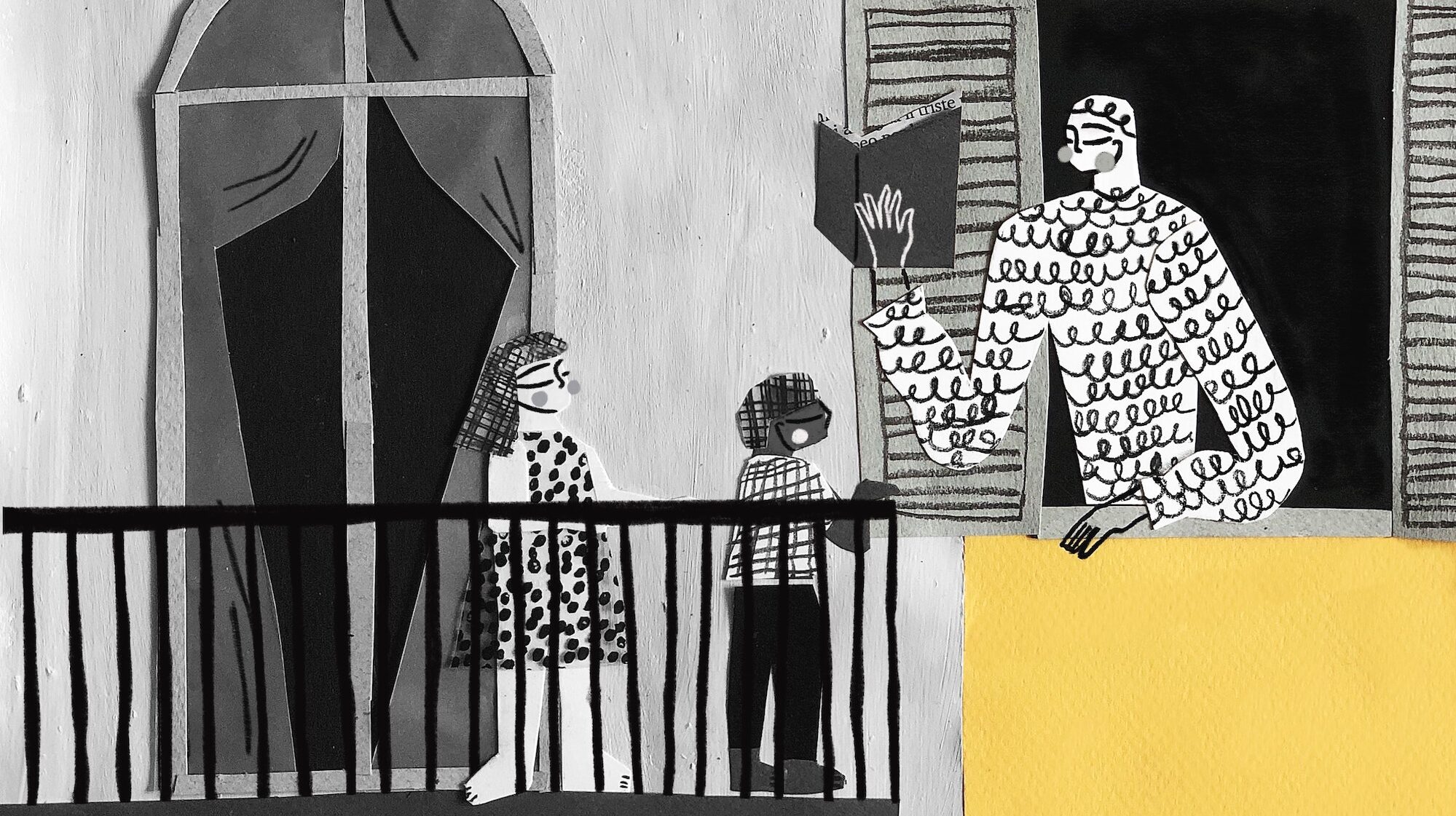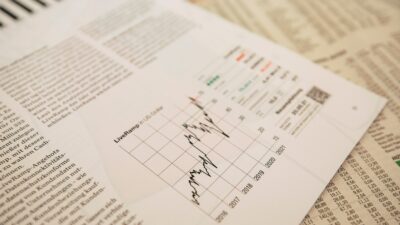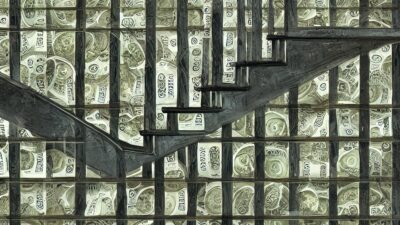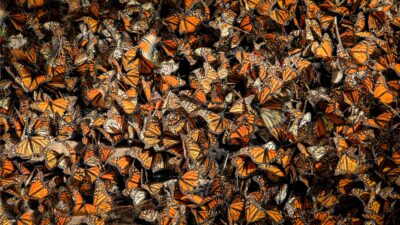
Swans, rhinos, herds and resilience
While the disruption caused by COVID-19 is unprecedented, the world has a history of disruption both good and bad.
Far from being a black swan, there is some evidence this was a high probability event with an impact also known to be high, in other words a grey rhino. Unfortunately, for a variety of reasons human beings are very bad at both assessing risk and our ability to mitigate it, and often fail to learn from the mistakes of the past.
To cope with disruption, seen or unseen, the word “resilience” has been used extensively to describe what we want from society, systems, businesses, and individuals.
Resilience is not necessarily an individual trait alone: rather it is a function of the capacity in a system. But, in a just-in-time society with an emphasis on efficiency, are there enough resources in our system to cope with disruptions like COVID-19, and other swans that are yet to land?
Not a black swan
While many have said COVID-19 represents something unprecedented, in fact what the Novel Coronavirus represents is something that is repeated and almost predictable. In roughly the last 100 years we have seen Cholera outbreaks from circa 1820, the plague of 1855, yellow fever and Russian flu through the late 1880s, the Spanish flu beginning in 1918, the Asian flu and Hong Kong flu between 1957 and 1970, HIV/AIDS emerging in the 1980s, and the SARS and Swine flu through the 2000s.
Rather than a “black swan,” these events seem to occur at least once in a generation, if not multiple times. In a world that is more densely populated, more connected through global travel and where multi-drug resistant bacteria are of growing concern, such events are increasingly probable. We were warned by Bill Gates that a grey rhino was charging at us.
We are bad at birdwatching
Nicholas Taleb bought black swan theory into the public consciousness in 2007, noting that many have observed that humans are not programmed to deal with anticipation – waiting for some important event that is expected to occur infrequently. We try to seek and provide explanations in patterns of data that might not exist (narrative fallacy), and weigh more heavily evidence that supports our own beliefs (confirmation bias).
Overall, human decision making and judgement is flawed by a wide gamut of heuristics and cognitive biases we are known to enact, in order to simplify the world that surrounds us. This is particularly relevant in a world that is becoming increasingly complex. The problem is that as a result, as noted by Daniel Kahneman, we tend to substitute difficult questions for simple answers without noticing the substitution.
Because we close our eyes and ears
An irony of having so much information is that the confusion has never been easier to avoid. It is simple now to find news sources that confirm your own world view and ignore those that don’t. This echo chamber of news and information consumption further enforces an in-group versus out-group bias that is also not helpful.
This “us against them” mentality has also meant that discourse is largely dead, replaced by point scoring and raised voices, where the opinions of those with influence matter more than those of an expert and disagreement is now rarely civilized. Unfortunately this trend is also reflected in global politics, which has similarly become divisive and antagonistic.
An increasingly complex world also plays against the expert; because we are so poor at understanding complexity we believe that the best solution to a problem is a simple one. Unfortunately science, in response to complexity, has by necessity become complex itself. This has led to people rejecting or ignoring messages that are too complex, too confronting and delivered by those thought to be in the ‘out-group’.
And fail to hear the rumble
Trams in Melbourne carry the warning “beware the rhino” because pedestrians too often fail to see these large vehicles rumbling towards them. We are bad at learning lessons from black swans or spotting grey rhinos because we are human, but there are perverse incentives in our systems that impact decision making.
Decisions are heavily geared around what is best today, rather than what is of benefit in the longer term. The basic financial concept of discount rates means that cash flow tomorrow is not worth as much as it is today. There is merit in this process, but the over emphasis on performance today means that short-term decisions dominate.
Equally politicians are prone to make decisions about what will get them elected a few short years from now, rather than what is appropriate for the country in one to two decades. Despite the warning from Bill Gates (and others), in 2018 Trump disbanded the US’s pandemic response team stating that rather than spending the money he was “…a business person, I don’t like having thousands of people around when you don’t need them.”
We then become part of the herd
When people find themselves in situations that they cannot control, they seek to control the things that they can, like how much toilet paper or pasta they may have. Humans are also susceptible to the behaviour of the herd; social pressure to conform and an innate belief that such a large group cannot be wrong.
Fragmented leadership contributes to a scattered herd, ambiguous advice leads to confusion and questioning. During the recent bushfire crisis, the-then NSW Rural Fire Service Commissioner, Shane Fitzsimmons, became a sturdy hand with clear, consistent and regular advice about the fire threat and what people should do.
However, bushfires are something we are familiar with. We can see them, we know where they are, how to fight them, how to escape them. More importantly, we can see when we have put them out. The COVID-19 outbreak is an unseen enemy that we do not understand. In beating this enemy there will be no tangible evidence of what was done – rather people will likely wonder what the fuss was all about. Now more than ever, clear and concise advice from a consistent source is required.
And the herd lacks immunity
As many have recently pointed out, we have largely experienced a long period of peace and prosperity. This great fortune has potentially also contributed to a false sense of security. In business the future is not only discounted, but words like agile and lean dominate the lexicon. A just-in-time system has been adopted to minimise inventory and increase efficiency.
But, with smaller margins for error that are inherent in streamlined business structures, the economy is more susceptible to both supply and demand shocks. A key ingredient in the Global Financial Crisis was the banking industry holding insufficient liquidity buffers. Short-term incentives have meant that many billion dollar companies have limited cash flow and sit precariously.
As a result of business and economic decisions, many households are also susceptible to shocks to the system. The Reserve Bank of Australia has been all but begging governments to do something about the depressed wages rates of the last decade. Employment is increasingly casual and less secure, health care and insurance costs take up a bigger chunk of income, welfare is at an all-time low, the cost of housing as a percentage of disposable income has never been higher. As a result, household savings are about one-third of what they were in the 1980s.
Equally, greater and greater reductions in taxation over the last two decade have reduced government revenue, meaning that there is less money to spend. Thankfully, Australia has still managed to maintain a relatively robust public health system that is widely accessible; something we should value highly moving forward.
But we can sustain with resilience
Two other buzzwords in business are sustainability and resilience. Sustainability is multidimensional, but to sustain you must be resilient, have the capacity to recover quickly from difficulties. Resilience will be crucial in responding to the COVID-19 outbreak.
However, a fundamental misunderstanding of resilience is that is an individual trait. It is not. Resilience is a function of the resources in the system; your ability to respond to an adverse situation depends on the excess resources you have available to you.
Rather than explaining COVID-19 away as a black swan, we should reflect on it and use it to build our resilience; something that we need to better understand and practice not just for this challenge, but for other existential threats to our health and our economies – such as climate change.
Right now is not the time to think as an individual, or to think only in the short-term. Indeed, it appears that with the flattening of the curve and evidence from studies that we have conducted, this time the herd is trusting the government and creating a compliant norm that is slowing this outbreak.
But to sustain this response we need resilience: what we should be asking ourselves right now is what can each of us do to be a resource in someone else’s system so that they have the capacity to be resilient? This is particularly true as we leave the current state of consensus over action, to a potentially more difficult and more fractious period of easing restrictions, when the way in which the impact of COVID-19 has hit some harder than others. The way out is not clear and there will likely be a competition of ideas, opinions and interests. However, if each of us can be a resource for as little as two people, then we will be able to recover more quickly from the difficulty we face, and continue to display resilience as a country.
This is part of a series of insights related to Coronavirus (COVID-19) and its impact on business.
Image: Fernando Cobelo submitted for United Nations’ Global Call Out To Creatives
Matthew is Professor of Decision Making and Choice at The University of Sydney Business School in the Institute of Transport and Logistics Studies. His research focusses on behavioural economics and modelling.
Share
We believe in open and honest access to knowledge. We use a Creative Commons Attribution NoDerivatives licence for our articles and podcasts, so you can republish them for free, online or in print.







